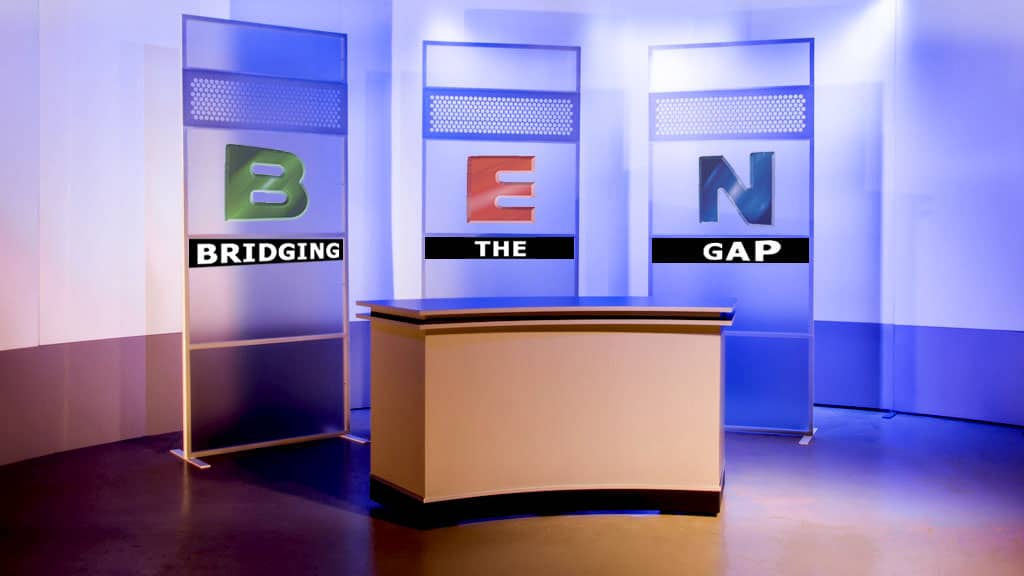PEOPLE AFFECTED BY ACQUIRED BRAIN INJURY URGED TO GIVE THEIR VIEWS IN BRAIN INJURY AWARENESS WEEK · Public urged to respond to call for evidence before it closes on 6 June · Call for evidence seeks views from people affected by brain inquiry and clinicians to identify ways to improve services and support · Government committed to preventing and limiting the impact of acquired brain injuries of people and their families while continuing to level up healthcare, reduce disparities, reduce pressure on the NHS and clear the Covid backlog.
People whose lives have been affected by acquired brain injuries (ABI) are being invited to share their experiences and give ideas on how to improve the care and support available.
As part of Brain Injury Awareness Week (16-22 May) the government is renewing its call for people to come forward with their views to ensure a better quality of life for those who have experienced brain damage after birth before the call for evidence closes on 6 June.
The government has already received almost 1,500 responses since the call for evidence opened in March.
The renewed request for engagement is going out to those with ABI, their families, healthcare professionals and charities. In particular those working in prisons or in probation services, social care and education, people under 25 affected by ABI and those from ethnic minorities are urged to share their views as they are currently under represented.
This will help the levelling up of healthcare and reduce disparities across the country so everyone has the chance to live longer and healthier lives wherever they come from and regardless of their background or health condition.
Already responses have shown insight into the support needed when going through the benefits process and potential for improvements to services and research.
Other priorities identified include improving public awareness and recognising symptoms of acquired brain injuries which can be caused by traumas such as road traffic accidents, assaults and falls, or by medical issues like tumours or diseases, such as meningitis.
Minister for Care and Mental Health Gillian Keegan said:
“It’s brilliant to see we have already got some great information coming through from our call for evidence, but it’s essential we hear from more people so we can ensure those affected by acquired brain injury get the best possible care and treatment.
“I’m urging people who work in social care, education, prisons and probation as well as people who are under 25 and people from ethnic minority communities to come forward and have your say.
The government is committed to levelling up disparities and one of the ways you can help is by taking part in this call for evidence so we can use your experiences to learn the lessons about what then needs to change.
“We will then deliver a strategy to address issues that matter most to those with acquired brain injuries and other neurological conditions.”
The call for evidence provides an opportunity to hear first-hand from the people most affected to help find out what services are needed, where there may be gaps, and how the government can support services to help fill these. The government is also looking to work with charities to run focus groups in order to hear directly from those directly affected by acquired brain injuries about what is important to them.
A new programme board, jointly chaired by Minister for Care and Mental Health Gillian Keegan and Labour MP Chris Bryant MP, will look to publish a new strategy to reduce the amount of injuries sustained while also improving the experiences of those with acquired brain injuries.
MP for Rhonnda, and joint chair of the programme board, Chris Bryant, said:
I’m delighted so many people and organisations have already submitted their response.
“But we are determined to make a real discernible difference for people with acquired brain injuries and their families.
“The more accounts of people’s real lived experience the better chance we have of achieving that.”
Views are also being sought on extending the strategy to include other neurological conditions.
Chloe Hayward, executive director of the UK Acquired Brain Injury Forum, said:
“The call for evidence has seen a great response but we know everyone’s experience of brain injury is different so please complete the survey or send your thoughts via e-mail.
“The more information the team have the better.”
The ABI strategy will be the latest step forward in improving responses to brain injuries. It comes after the Department for Digital, Culture, Media and Sport published its action plan for tackling concussion in sport to help reduce the risks of head injuries.
In that plan new protocols will be put in place and steps taken to improve the understanding, awareness, prevention and treatment of concussion in sport at all levels.
Those leading on the concussion protocols will also support this strategy and call for evidence as the government does all it can to reduce risks, better understand symptoms and improve treatment and services.
The call for evidence closes at 11.45pm on 6 June
—————————————————————————————————————————————
Your help to our media platform will support the delivery of the independent journalism and broadcast the world needs. Support us by making any contribution. Your donation and support allows us to be completely focus, deeply investigative and independent. It also affords us the opportunity to produce more programmes online which is a platform universally utilised.
Thank you.
Please click link to make – DONATION










